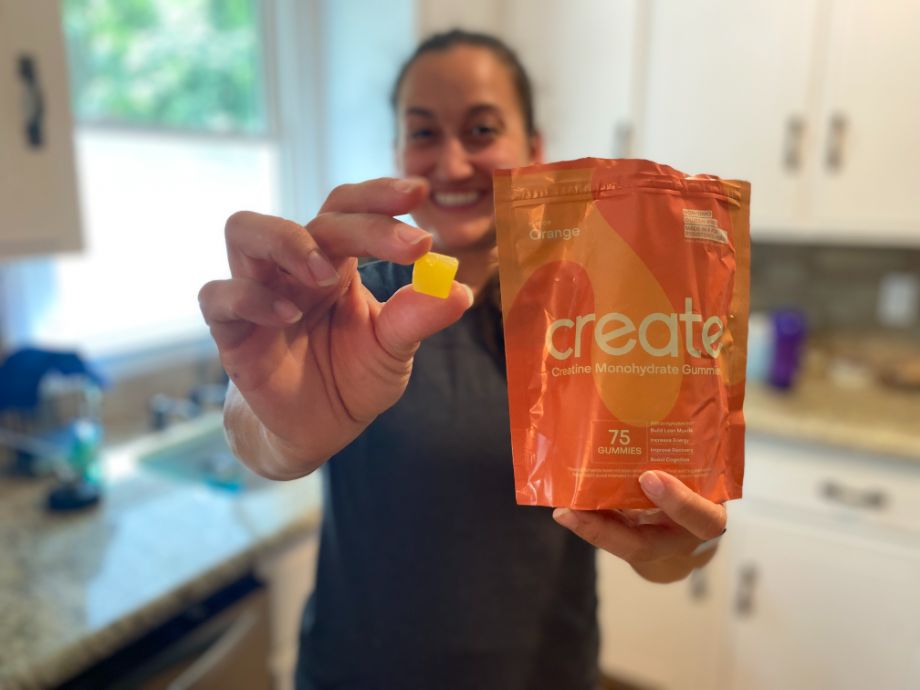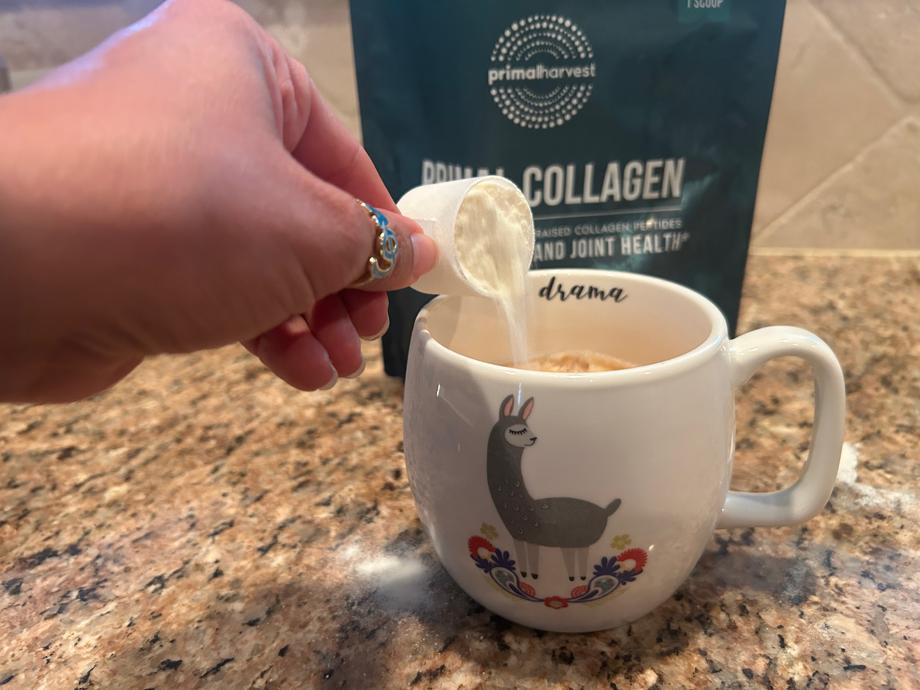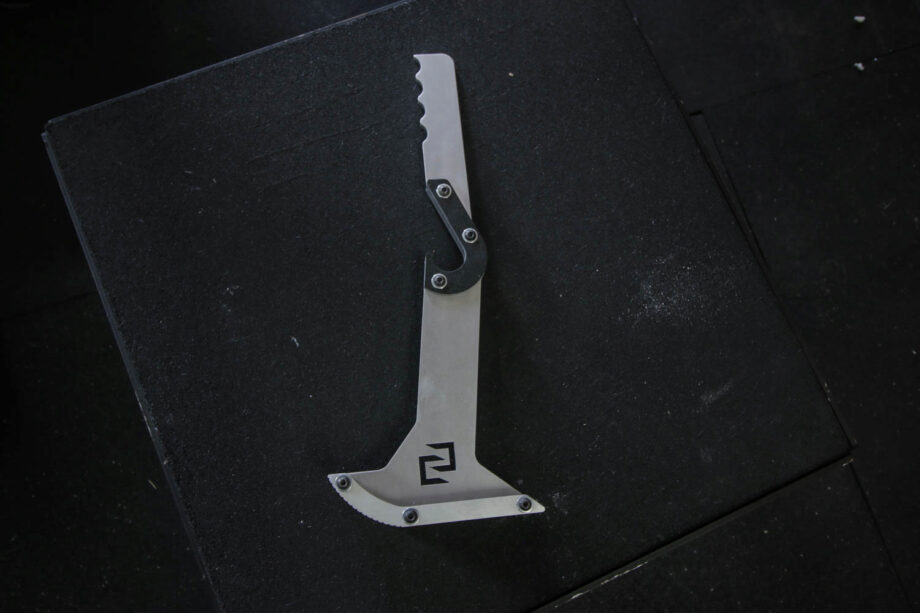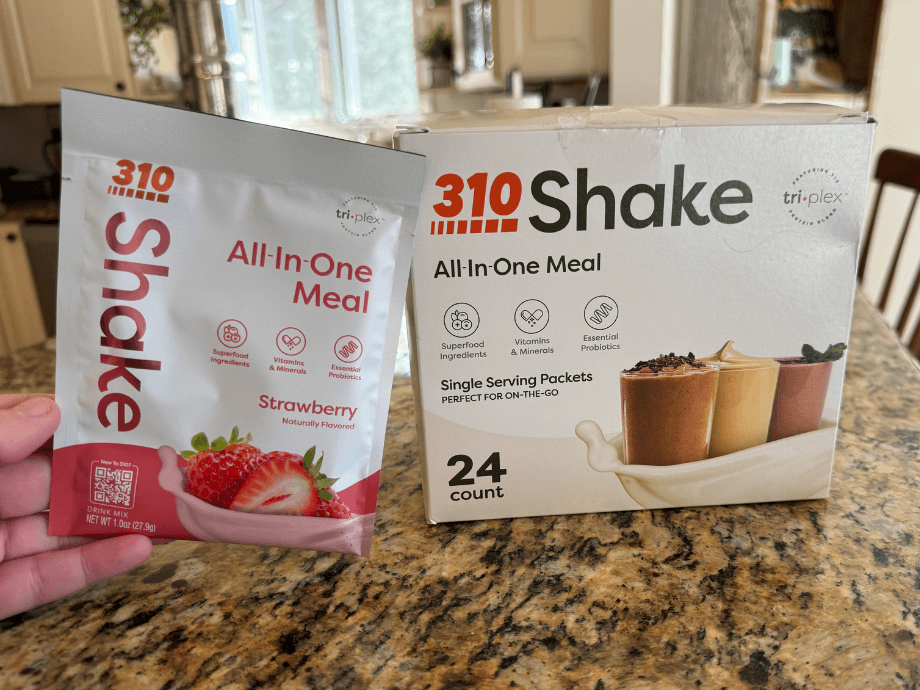The problem with extremely popular supplements like creatine is that the more people who take them, the more creatine myths and misconceptions get thrown around. In the age of social media, there is more information about fitness and nutrition floating around than ever before and much of it is downright inaccurate.
Unfortunately, despite being the most studied sports supplement available, creatine monohydrate has not been immune to misinformation regarding its benefits (or potential side effects).
Luckily, we have a sports dietitian willing to lay out the most common myths surrounding creatine use, why the creatine myths have circulated for so long, and what the scientific evidence actually shows.
Medical disclaimer: This article is intended for educational and informational purposes only. It is not intended as a substitute for medical advice. For health advice, contact a licensed healthcare provider.
Myth: Creatine Causes Dehydration
The long-standing belief regarding creatine is that creatine can cause dehydration, sometimes to the extent that it is responsible for muscle cramps, so you need to drastically increase your water intake if you want to supplement.
RELATED: How Much Water Should You Take With Creatine?
Despite this, recent evidence has not shown that creatine monohydrate has adverse effects on hydration status. Over 20 years ago, the American College of Sports Medicine (ACSM) published a paper that claimed creatine caused cramping and dehydration.
Studies conducted to try and confirm this claim in recent years, however, have failed to do so. Therefore, creatine’s impact on hydration1 and muscle cramping has been decreed as another one of those misconceptions.

That said, it’s still a good idea to pay attention to how much water you drink while taking the dietary supplement. Creatine pulls water into the muscles to execute its benefits on the skeletal muscle be it exercise performance or muscle growth.
While this still doesn’t cause significant changes in hydration or cramping, drinking enough water can help creatine to function most optimally by providing enough total body water for the creatine to work as intended within the muscle cells. Drinking enough water also helps maintain better athletic performance in general2.
Myth: Creatine Causes Weight Gain
It is not uncommon for people to have bloating after taking creatine since water retention occurs in the muscle cells as creatine levels rise3. This in turn technically means that creatine causes weight gain.
RELATED: Does Creatine Make You Gain Weight?
But hold your horses just a minute, because “weight gain” doesn’t always mean “fat gain.” As your total body water levels rise as a result of this retention, many see a sharp increase in body weight.
This is especially true when you’re just starting supplementing with creatine or doing a creatine loading phase which can cause significantly more bloating from water. This weight gain is very unlikely to be body fat, however, so there’s no cause for alarm.
Furthermore, creatine is also known to help support weight gain in the form of more muscle mass, which can also send your scale numbers rising. Either way, if you are gaining body fat while taking creatine, the more likely culprit is eating too much and not exercising enough. Still, studies have shown that creatine is more likely to help reduce body fat4 for a more optimal body composition.
Myth: Creatine Is a Steroid
Creatine has a reputation as the sports supplement that’s most reliable in supporting the growth of lean muscle mass and muscle strength. Given that anabolic steroids provide many of the same effects of creatine supplementation, many believe that creatine is also a steroid.
RELATED: Is Creatine a Steroid?
However, molecularly, creatine is far from a steroid and is much safer to take, too. Steroid usage can have permanent negative effects5 on the body including liver damage and kidney damage, especially with long-term use.
The study does show, however, that creatine supplementation did not affect kidney function. This is likely why the Journal of the International Society of Sports Nutrition considers creatine to be one of the best supplements6 in sports medicine and sports nutrition for supporting athletic performance and optimal body composition.
Myth: Creatine Causes Acne
If you were one of those to believe this myth, it’s OK, you’re not alone. Despite being one of the more common creatine myths, there is no known form of creatine that causes acne breakouts nor is there scientific evidence to back up the false impression. In light of this, why do people still believe creatine has adverse effects on your flawless complexion?
RELATED: Does Creatine Cause Acne?
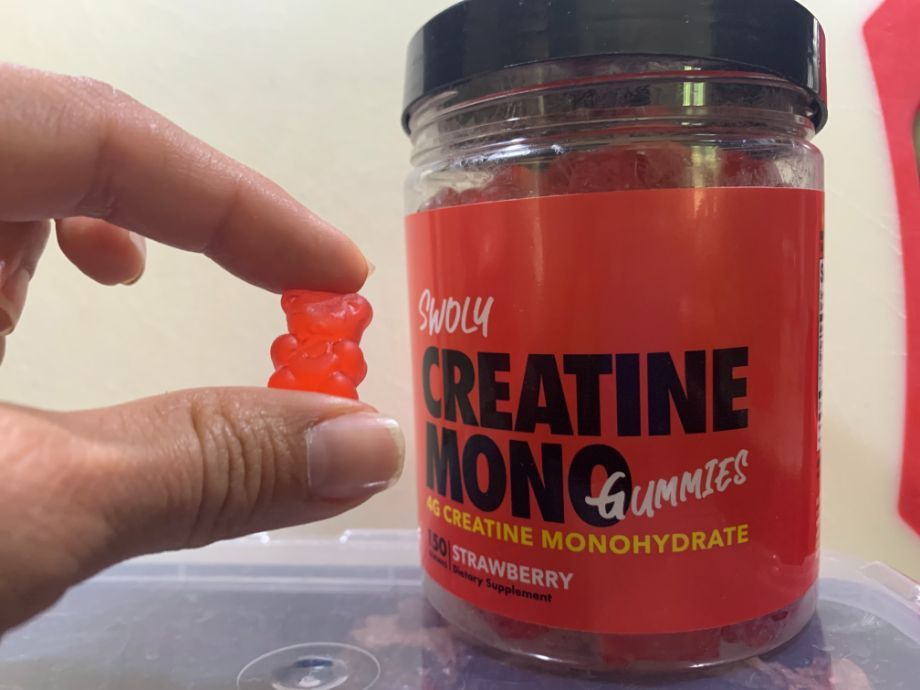
For one, many think creatine is an anabolic steroid, as we just talked about. Dihydrotestosterone, or DHT, is a common anabolic steroid that has been associated with “steroid acne,” which is a legitimate phenomenon.
We still don’t know exactly why steroid acne happens, but many medical professionals believe it’s due to the ability of anabolic steroids to alter hormone levels. For those of you reading who went through puberty, you probably found out the hard way what the sudden surge in hormones did to your skin.
Lastly, the confusion might be the result of correlation versus causation. It is common for people who take creatine to sweat a lot since they exercise a lot. When sweat is produced, it also releases an oil called sebum with it. When this builds up excessively, especially if you exercise in heat, acne can occur. However, creatine is far from the culprit in these cases.
Myth: Creatine Causes Hair Loss
A relatively famous study published in Clinical Journal of Sport Medicine7 in 2009 raised suspicions that creatine supplements could cause hair loss. However, the study was widely misinterpreted. In a nutshell, the study showed that creatine caused an increase in DHT, which is a sex hormone that plays a role in both hair growth and prostate growth8.
RELATED: Does Creatine Cause Hair Loss?
During the aforementioned study, the subjects actually did not experience any hair loss, but the high levels of DHT caused scientists to believe there was a risk of hair loss. More recent scientific evidence that sought to debunk this claim was successful, and found that creatine does not independently cause hair loss9 in any of the nearly dozen clinical trials conducted to explore the connection.
Myth: You Have To Load Creatine for It To Work
The practice of creatine loading is extremely popular in the fitness world and it is commonly utilized as part of a creatine cycle. Creatine cycling refers to a method of creatine supplementation that involves scheduled alternation of creatine doses. The intent behind this method is to maximize the saturation of creatine stores in the muscle cells. When maximum saturation is reached, there are more exercise performance benefits to be had—or so they say.
People usually take one serving of creatine each day (typically 5 grams of creatine) until they reach their goals. The benefits of creatine supplementation can, however, be accelerated and even enhanced by changing the dose every few weeks, according to those who swear by creatine loading. There is even an argument among some experts that if you don’t cycle, your athletic performance benefits will diminish.
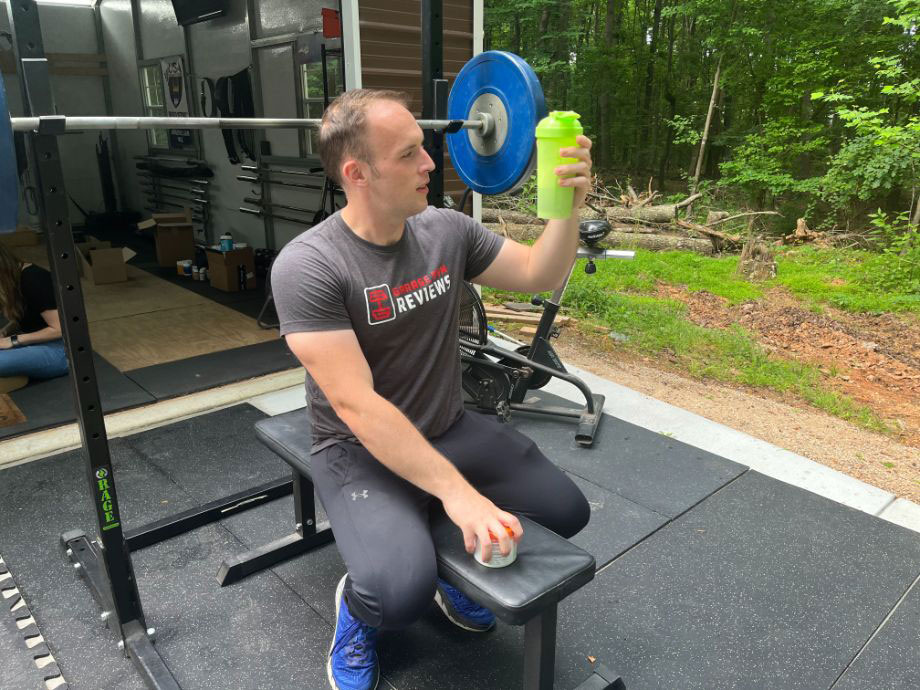
During a loading phase, it’s advised to supplement with 20 grams of creatine per day and engage in high-intensity exercise to get the most out of your creatine use. Now, it’s important to note that some science has shown that a loading phase does indeed help improve short-term athletic performance9, with short-term meaning about 30 days or less of benefits.
RELATED: When Is the Best Time To Take Creatine?
Thus, some athletes may choose to load creatine in the days leading up to a competition. For most active, healthy individuals who take creatine for months and months to support muscle strength, help reduce muscle damage, and other effects of creatine use, loading doesn’t offer any additional benefits10. Taking the standard dose of 5 grams a day will provide the same effects.
Myth: Creatine Increases Testosterone
Another of the common myths surrounding creatine is that a combination of supplementation and resistance training raises testosterone levels. Specifically, levels of the hormone dihydrotestosterone, or DHT, which is converted from testosterone and is responsible for its androgen effects.
RELATED: Does Creatine Increase Testosterone?
This belief is largely due to a 2009 study conducted on college-aged rugby players. Half the players were given 25 grams of creatine daily while the other half were given a placebo of 25 grams of glucose. The creatine group saw a 40% boost7 in dihydrotestosterone following three weeks of creatine use.
The placebo-controlled study had 20 athletes load 25 grams of creatine for 7 days, followed by a maintenance dose of 5 grams for 14 days. The athletes saw a 56% increase in DHT during the loading, followed by a 40% increase in testosterone levels during maintenance.
While this sounds fantastic for bodybuilders and anyone else looking to increase their body mass from new skeletal muscle, many11 subsequent12 studies13 have not been able to replicate these results and scientists admittedly have no explanation for why they saw this increase as a result.
So, the idea that creatine independently increases testosterone isn’t supported by evidence. However, it should be noted that creatine helps improve the effectiveness of high-intensity resistance training by helping you push yourself more while lifting weights.
Science has shown that exercise can raise testosterone levels14, especially in healthy individuals who were previously sedentary. Given that creatine can help exercise performance, it may be able to indirectly help produce more testosterone, but without resistance exercise, it causes no significant changes in free testosterone.
Benefits of Creatine
A natural compound composed of various amino acids in the body, creatine monohydrate is a fitness supplement that’s here to stay. One major thing that makes creatine one of, if not the, most popular sports supplements among bodybuilders and sports medicine professionals alike is due to it being the most studied sports nutrition supplement out there.
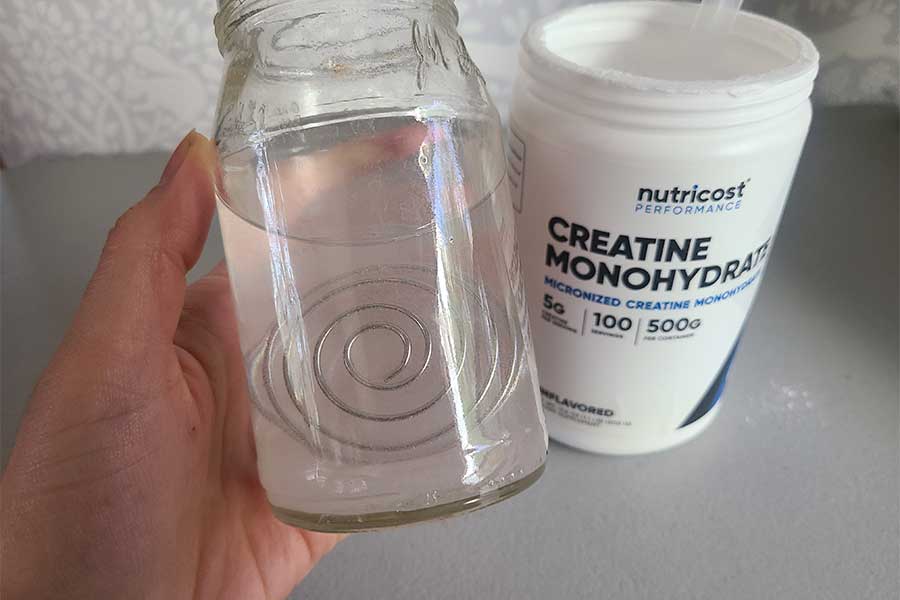
A common ingredient in pre-workout powders along with being a standalone dietary supplement, creatine has a lot to offer people who lift weights regardless of their experience or skill level.
RELATED: Creatine Benefits
Boosts ATP Production
To understand how creatine boosts ATP production, we need to have a little biochem lesson. Phosphocreatine is a compound that composes most of the creatine stored in the skeletal muscle. Adenosine triphosphate, or ATP, is the body’s energy source and is produced in your cells’ mitochondria. A plentiful supply of ATP is crucial to optimal exercise performance, as you can imagine.
Supplementing with enough creatine daily raises phosphocreatine in the cells. If there’s enough phosphocreatine available, it can help the muscle produce ATP at a faster rate. This is how creatine can provide enough energy4 to boost exercise performance.
How much is this boost? Well, according to one study15, athletes who supplemented with creatine saw a 4-7% increase in peak power output and overall speed during sprinting, and other studies have found similar results.
Helps Build Lean Mass
One of the most attractive features of creatine supplements is the ability to gain body mass from skeletal muscle. The combination of creatine with resistance exercise has consistently been shown to support muscle growth in hundreds of studies11.
RELATED: Does Creatine Help You Build Muscle?
It is important to note, however, that the amount of muscle growth you will achieve depends on several factors, including your genetic makeup, your training regimen, your fitness level, your diet, and how often you exercise.
May Prevent Muscle Breakdown
Creatine’s anti-inflammatory properties can reduce muscle damage and catabolism for athletes recovering from injury. Injuries can cause athletes to lose muscle quickly due to inflammation and immobility, which is why a sports dietitian may recommend creatine even if they aren’t lifting.
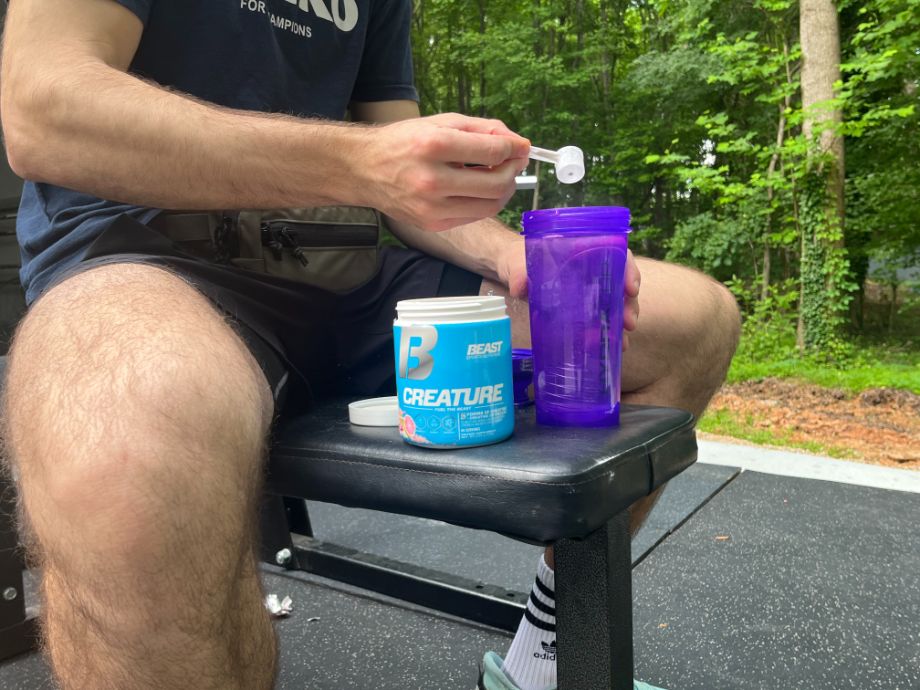
Review findings from 20224 indicate that creatine supplementation is effective in improving muscle strength and decreasing the rate of muscle loss following prolonged immobilization of the upper arm.
Useful for Vegetarians and Vegans
Animal products like red meat and seafood contain the highest amounts of creatine in its natural form. In this case, vegetarians and vegans wanting to experience the effects of creatine would need to compromise their dietary choices to get creatine.
Luckily, most creatine monohydrate supplements are vegan and not derived from animals, which makes it the ideal way for vegans to get their creatine. Studies also show that vegetarians have lower creatine stores than omnivores and may even experience better mental wellness in the form of better memory16 from creatine supplementation.
RELATED: Best Vegan Creatine
Creatine Myths: Final Thoughts
Most of the misconceptions surrounding creatine supplementation are a product of misinterpreted science or just very convincing anecdotes from bodybuilders and other weightlifters.
In reality, science over the years has shown that creatine is one of the safest supplements you can take and there are no serious creatine side effects when taken as directed, except maybe a little GI distress when creatine loading if your body is not used to the compound. All in all, there are very few reasons to avoid taking creatine if you regularly engage in resistance training.
Creatine Myths: FAQs
Is there a downside to creatine?
There are virtually no side effects from taking creatine when taking it as instructed, as it is one of the safest supplements out there. However, if you have impaired liver or kidney function, it’s advised you speak to your healthcare provider before supplementing.
Is creatine actually effective?
Creatine is the most thoroughly studied out of all sports supplements and most of these studies have shown creatine is effective.
Why is creatine not FDA-approved?
Creatine is not FDA-approved because it is a supplement, not a food or drug. Supplements like amino acids and pre-workout do not fall under the jurisdiction of FDA approval, which is why choosing third-party tested supplements is always encouraged for safety.
Is taking creatine with water a waste?
No, proper hydration is not only good for general wellness and optimal athletic performance, but may help creatine work more effectively.
These statements have not been evaluated by the Food and Drug Administration. This product is not intended to diagnose, treat, cure, or prevent any diseases.
References
- Dalbo VJ, Roberts MD, Stout JR, Kerksick CM. Putting to rest the myth of creatine supplementation leading to muscle cramps and dehydration. Br J Sports Med. 2008;42(7):567-573. doi:10.1136/bjsm.2007.042473
- Riebl SK, Davy BM. The Hydration Equation: Update on Water Balance and Cognitive Performance. ACSMs Health Fit J. 2013;17(6):21-28. doi:10.1249/FIT.0b013e3182a9570f
- Powers ME, Arnold BL, Weltman AL, Perrin DH, Mistry D, Kahler DM, Kraemer W, Volek J. Creatine Supplementation Increases Total Body Water Without Altering Fluid Distribution. J Athl Train. 2003 Mar;38(1):44-50. PMID: 12937471; PMCID: PMC155510.
- Wu SH, Chen KL, Hsu C, et al. Creatine Supplementation for Muscle Growth: A Scoping Review of Randomized Clinical Trials from 2012 to 2021. Nutrients. 2022;14(6):1255. Published 2022 Mar 16. doi:10.3390/nu14061255
- Almukhtar SE, Abbas AA, Muhealdeen DN, Hughson MD. Acute kidney injury associated with androgenic steroids and nutritional supplements in bodybuilders(†). Clin Kidney J. 2015;8(4):415-419. doi:10.1093/ckj/sfv032
- Kreider RB, Kalman DS, Antonio J, et al. International Society of Sports Nutrition position stand: safety and efficacy of creatine supplementation in exercise, sport, and medicine. J Int Soc Sports Nutr. 2017;14:18. Published 2017 Jun 13. doi:10.1186/s12970-017-0173-z
- van der Merwe, J, Brooks, NE, Myburgh, KH. Three weeks of creatine monohydrate supplementation affects dihydrotestosterone to testosterone ratio in college-aged rugby players. Clin J Sport Med. 2009;19(5):399-404. doi:10.1097/JSM.0b013e3181b8b52f
- Kinter, K, Anekar, A. Biochemistry; dihydrotestosterone. StatPearls. 2023.
- Antonio, J, Candow, DG, Forbes, SC, et al. Common questions and misconceptions about creatine supplementation: what does the scientific evidence really show?. J Int Soc Sports Nutr. 2021;18(1):13. doi:10.1186/s12970-021-00412-w
- Hultman E, Söderlund K, Timmons JA, Cederblad G, Greenhaff PL. Muscle creatine loading in men. J Appl Physiol (1985). 1996;81(1):232-237. doi:10.1152/jappl.1996.81.1.232
- Volek JS, Ratamess NA, Rubin MR, et al. The effects of creatine supplementation on muscular performance and body composition responses to short-term resistance training overreaching. Eur J Appl Physiol. 2004;91(5-6):628-637. doi:10.1007/s00421-003-1031-z
- Eijnde BO, Hespel P. Short-term creatine supplementation does not alter the hormonal response to resistance training. Med Sci Sports Exerc. 2001;33(3):449-453. doi:10.1097/00005768-200103000-00018
- Crowe MJ, O’Connor DM, Lukins JE. The effects of beta-hydroxy-beta-methylbutyrate (HMB) and HMB/creatine supplementation on indices of health in highly trained athletes. Int J Sport Nutr Exerc Metab. 2003;13(2):184-197. doi:10.1123/ijsnem.13.2.184
- Kumagai H, Zempo-Miyaki A, Yoshikawa T, Tsujimoto T, Tanaka K, Maeda S. Increased physical activity has a greater effect than reduced energy intake on lifestyle modification-induced increases in testosterone. J Clin Biochem Nutr. 2016;58(1):84-89. doi:10.3164/jcbn.15-48
- Bogdanis GC, Nevill ME, Aphamis G, et al. Effects of Oral Creatine Supplementation on Power Output during Repeated Treadmill Sprinting. Nutrients. 2022;14(6):1140. Published 2022 Mar 8. doi:10.3390/nu14061140
- Benton D, Donohoe R. The influence of creatine supplementation on the cognitive functioning of vegetarians and omnivores. Br J Nutr. 2011;105(7):1100-1105. doi:10.1017/S0007114510004733


